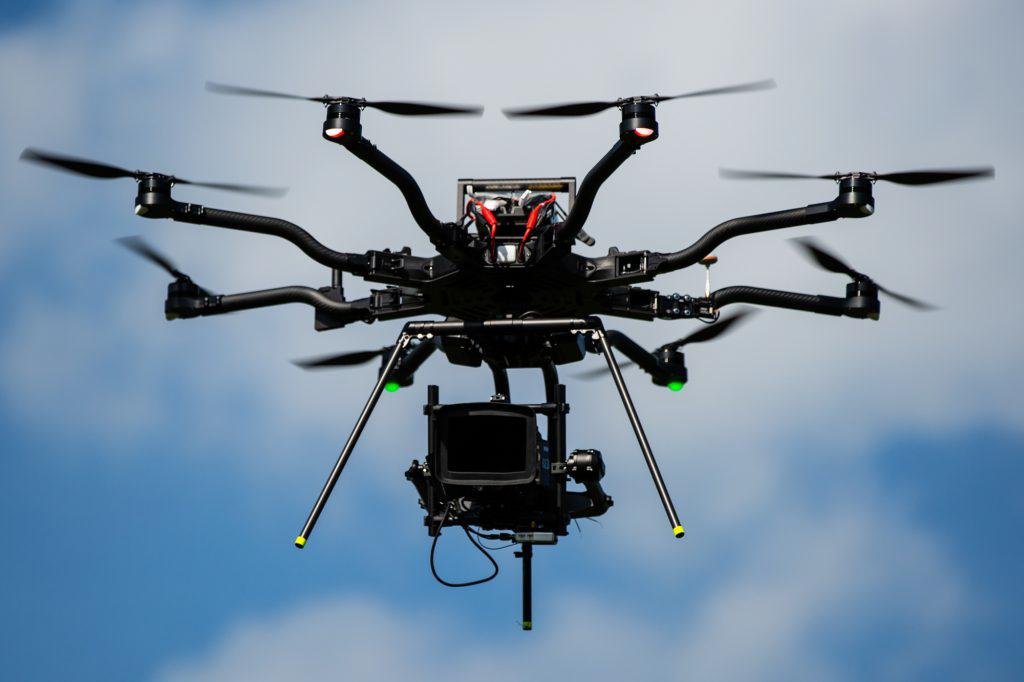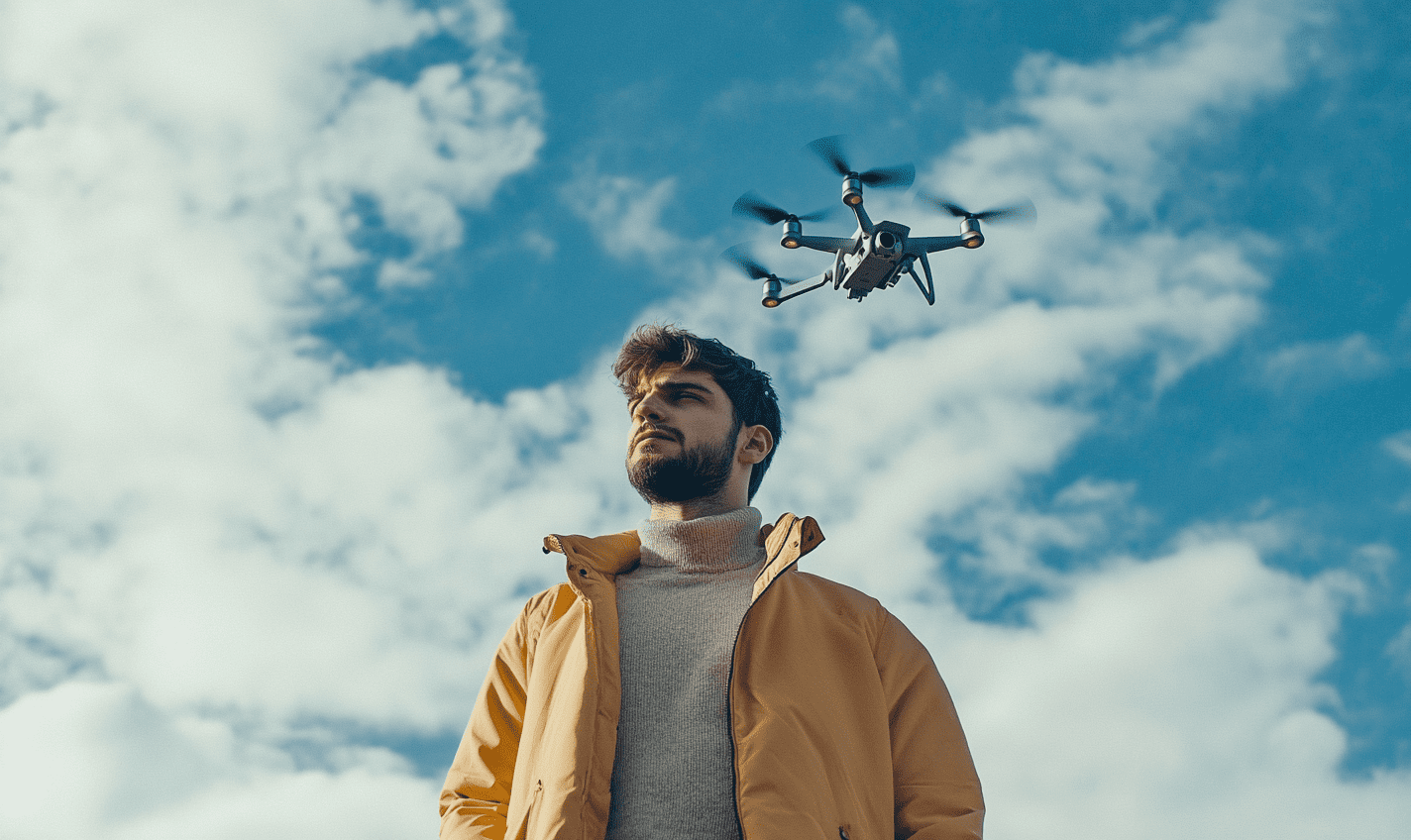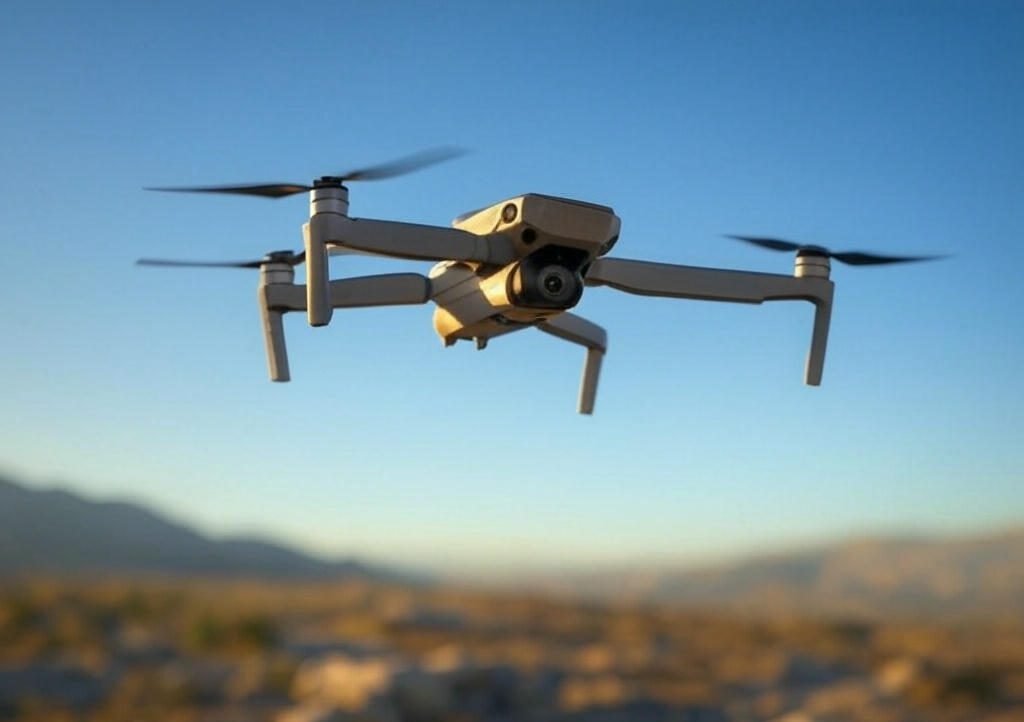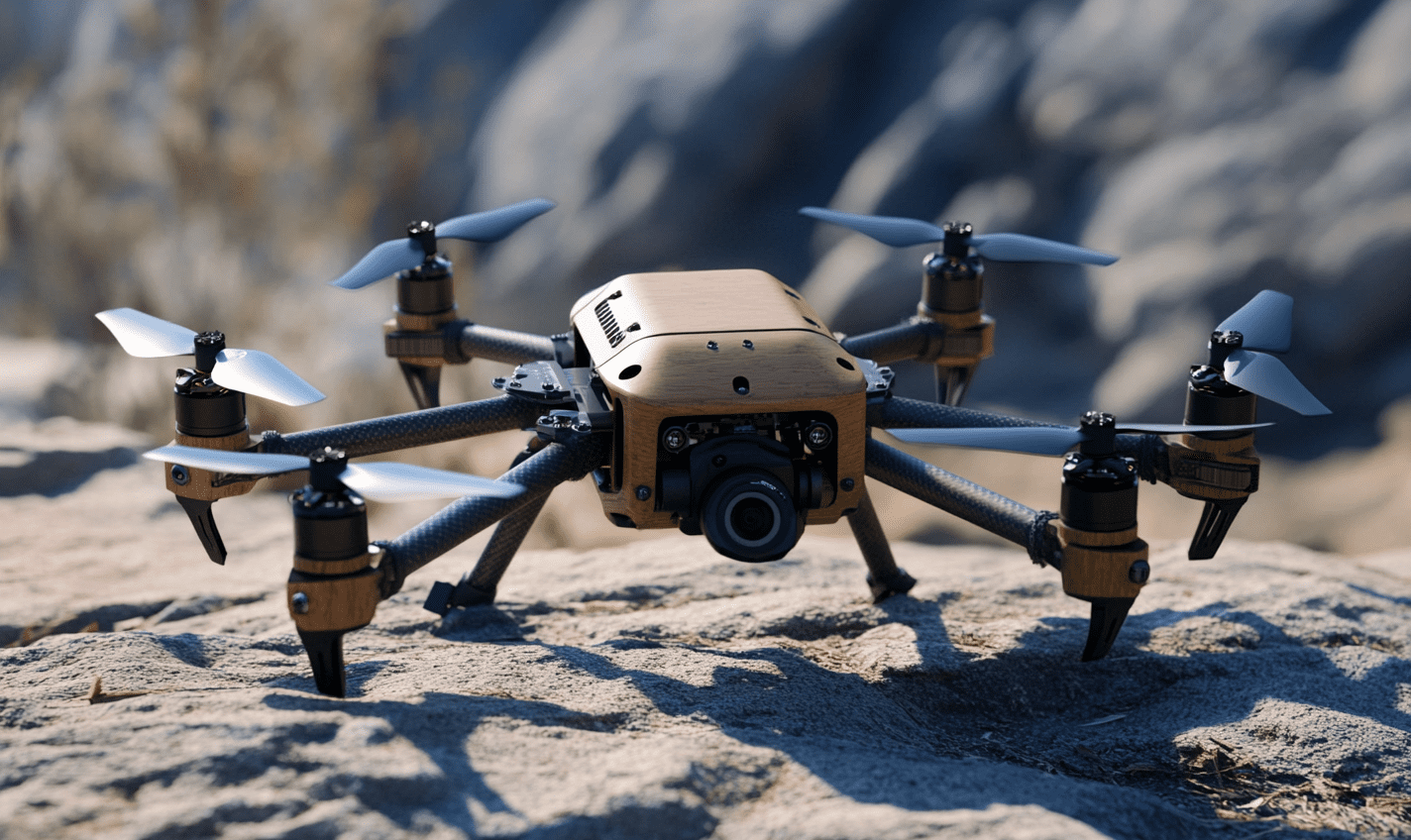Drones, also known as unmanned aerial vehicles (UAVs), have transformed numerous industries by introducing innovative solutions and efficiencies. From capturing breathtaking aerial photographs to monitoring crop health in agriculture, drones are reshaping the way we work and interact with the environment.
This guide explores various career opportunities in drone technology. We’ll delve into different fields, outline the roles and responsibilities, and highlight the skills required for each path. Whether you’re a tech enthusiast, a creative professional, or someone looking to enter a cutting-edge industry, there’s a place for you in the drone sector.
Quick Overview: Drone Technology Careers
| Field | Roles | Skills Required |
|---|---|---|
| Aerial Photography & Videography | Drone Operator, Aerial Photographer, Videographer | Drone piloting, camera operation, photo/video editing |
| Agriculture & Farming | Agricultural Drone Operator, Crop Analyst | Agricultural knowledge, data analysis, drone maintenance |
| Inspection & Maintenance | Infrastructure Inspector, Maintenance Technician | Technical expertise, drone operation, problem-solving |
| Search & Rescue Operations | Search & Rescue Drone Pilot, Emergency Response Coordinator | Drone operation, emergency protocols, real-time data analysis |
| Environmental Monitoring | Environmental Drone Operator, Conservation Analyst | Environmental science, data collection, drone piloting |
| Delivery & Logistics | Delivery Drone Pilot, Logistics Coordinator | Drone navigation, logistics management, customer service |
| Drone Programming & Development | Drone Software Developer, Systems Engineer | Programming skills, software integration, problem-solving |
| Education & Training | Drone Instructor, Training Program Developer | Drone technology expertise, teaching, communication |
1. Aerial Photography and Videography
Overview
One of the most popular uses of drones is capturing stunning aerial images and videos. This field is perfect for creative individuals passionate about photography and filmmaking.
Roles and Responsibilities
- Drone Operation: Piloting drones to capture high-quality images and footage.
- Content Creation: Editing photos and videos to meet client needs.
- Client Collaboration: Working with real estate agents, filmmakers, event planners, and more to deliver desired results.
Skills Required
- Drone Piloting: Competent in flying drones safely and effectively.
- Camera Handling: Understanding of camera settings and techniques for aerial shots.
- Editing Proficiency: Skilled in using photo and video editing software like Adobe Photoshop and Premiere Pro.
- Creative Vision: Ability to compose visually appealing scenes and storytelling through imagery.
2. Agriculture and Farming
Overview
Drones are revolutionizing agriculture by providing farmers with detailed insights into crop health, soil conditions, and irrigation needs. This technology enables precision farming, leading to better yields and efficient resource management.
Roles and Responsibilities
- Aerial Surveys: Conducting flyovers to collect data on farmland.
- Data Analysis: Interpreting information to monitor crop health and identify issues.
- Application Assistance: Helping with the precise application of fertilizers and pesticides.
Skills Required
- Agricultural Knowledge: Understanding farming practices and crop management.
- Data Interpretation: Analyzing data to make actionable recommendations.
- Drone Maintenance: Keeping equipment in optimal condition for reliable operation.
3. Inspection and Maintenance
Overview
Drones are increasingly used to inspect infrastructure like bridges, power lines, and wind turbines. They enhance safety and efficiency by accessing hard-to-reach areas without risking human life.
Roles and Responsibilities
- Infrastructure Inspection: Performing detailed inspections using drones equipped with cameras and sensors.
- Issue Identification: Spotting potential problems like cracks, corrosion, or wear and documenting findings.
- Team Collaboration: Working with engineers and maintenance crews to address identified issues.
Skills Required
- Technical Expertise: Understanding the structures being inspected to recognize defects.
- Drone Operation: Skilled in maneuvering drones in complex environments.
- Attention to Detail: Meticulous observation to ensure no issues are overlooked.
- Problem-Solving: Ability to suggest solutions or further actions based on findings.
4. Search and Rescue Operations
Overview
In emergencies and disaster situations, drones play a crucial role by providing real-time aerial views and reaching areas difficult for humans to access.
Roles and Responsibilities
- Emergency Drone Piloting: Operating drones to locate missing persons or assess damage.
- Data Delivery: Providing live video feeds or maps to rescue teams.
- Coordination Support: Assisting in planning and executing rescue efforts.
Skills Required
- Advanced Drone Skills: Flying in challenging conditions, such as bad weather or obstructed areas.
- Emergency Protocols: Understanding search and rescue procedures.
- Composure Under Pressure: Staying calm and effective in high-stress situations.
5. Environmental Monitoring and Conservation
Overview
Drones help monitor wildlife, track environmental changes, and support conservation efforts, providing valuable data for protecting ecosystems and biodiversity.
Roles and Responsibilities
- Wildlife Surveys: Observing and tracking animals without disturbing them.
- Environmental Data Collection: Measuring factors like vegetation health, water quality, and erosion.
- Conservation Support: Assisting projects aimed at preserving natural habitats.
Skills Required
- Environmental Science Knowledge: Understanding ecological principles and conservation needs.
- Data Analysis: Interpreting environmental data to draw meaningful conclusions.
- Drone Piloting in Diverse Terrains: Operating drones in forests, mountains, and other challenging environments.
6. Delivery and Logistics
Overview
The logistics industry is exploring drone technology for delivering packages, especially in hard-to-reach or congested areas, promising faster and more efficient services.
Roles and Responsibilities
- Delivery Operations: Piloting drones to transport goods safely.
- Logistics Coordination: Planning routes and schedules for efficient delivery.
- Customer Interaction: Ensuring customer satisfaction and handling inquiries.
Skills Required
- Navigation Skills: Proficient in drone navigation and GPS systems.
- Logistics Understanding: Knowledge of supply chain and delivery processes.
- Customer Service: Friendly and professional interaction with clients.
7. Drone Programming and Software Development
Overview
As drones become more sophisticated, software developers are needed to create and maintain the programs that control them. This field suits those with a background in computer science and programming.
Roles and Responsibilities
- Software Development: Creating applications for drone control, automation, or data processing.
- Testing and Debugging: Ensuring programs run smoothly and efficiently.
- Cross-Team Collaboration: Working with hardware engineers and other developers to integrate systems.
Skills Required
- Programming Languages: Proficiency in Python, C++, Java, or similar languages.
- Software Integration: Understanding of how software and hardware components interact.
- Analytical Thinking: Problem-solving and debugging complex systems.
8. Education and Training
Overview
With growing interest in drones, educators and trainers are needed to teach aspiring pilots and technicians. Ideal for experienced operators who enjoy mentoring others.
Roles and Responsibilities
- Curriculum Development: Creating comprehensive training programs.
- Instruction: Teaching students about drone operation, safety, and legal regulations.
- Certification Guidance: Preparing students for exams and certifications.
Skills Required
- Expert Knowledge: In-depth understanding of drone technology and industry trends.
- Teaching Abilities: Effective communication and instructional skills.
- Patience and Empathy: Ability to support learners with varying skill levels.
Conclusion
The field of drone technology offers a wide array of career opportunities, each with unique roles and rewarding experiences. Whether you’re drawn to creative fields like aerial photography, technical areas like software development, or impactful work like environmental conservation, there’s a place for you in the drone industry.
As technology continues to advance, the demand for skilled drone professionals is set to grow. Embracing a career in drone technology not only offers exciting job prospects but also places you at the forefront of innovation.








